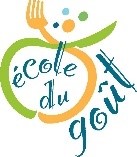Case Study
École du Goût – School of Taste A project of the 3 Luxembourg Nature Parks Our, Upper Sûre and Mëllerdall
Contact name
Simone Zanter
Institution name
Naturpark Our
Region & country
Member municipalities of the Our, Upper Sûre and Mëllerdall Nature Parks in Luxembourg
Summary
The joint awareness-raising and educational project “Ecole du Goût” (EDG) (School of Taste) of the 3 Luxembourg Nature Parks aims to improve awareness of sustainable food culture among children, adults and specific professional groups. Launched in 2007 as a pilot project in the Nature Park Our, the project was re-oriented and expanded in August 2018 to cover the municipalities in the Upper Sûre and Mëllerdall Nature Parks. The EDG focuses on sensory and taste training, a holistic approach to a sustainable food culture, establishing a thematic network and cooperation with regional and national actors from related fields.
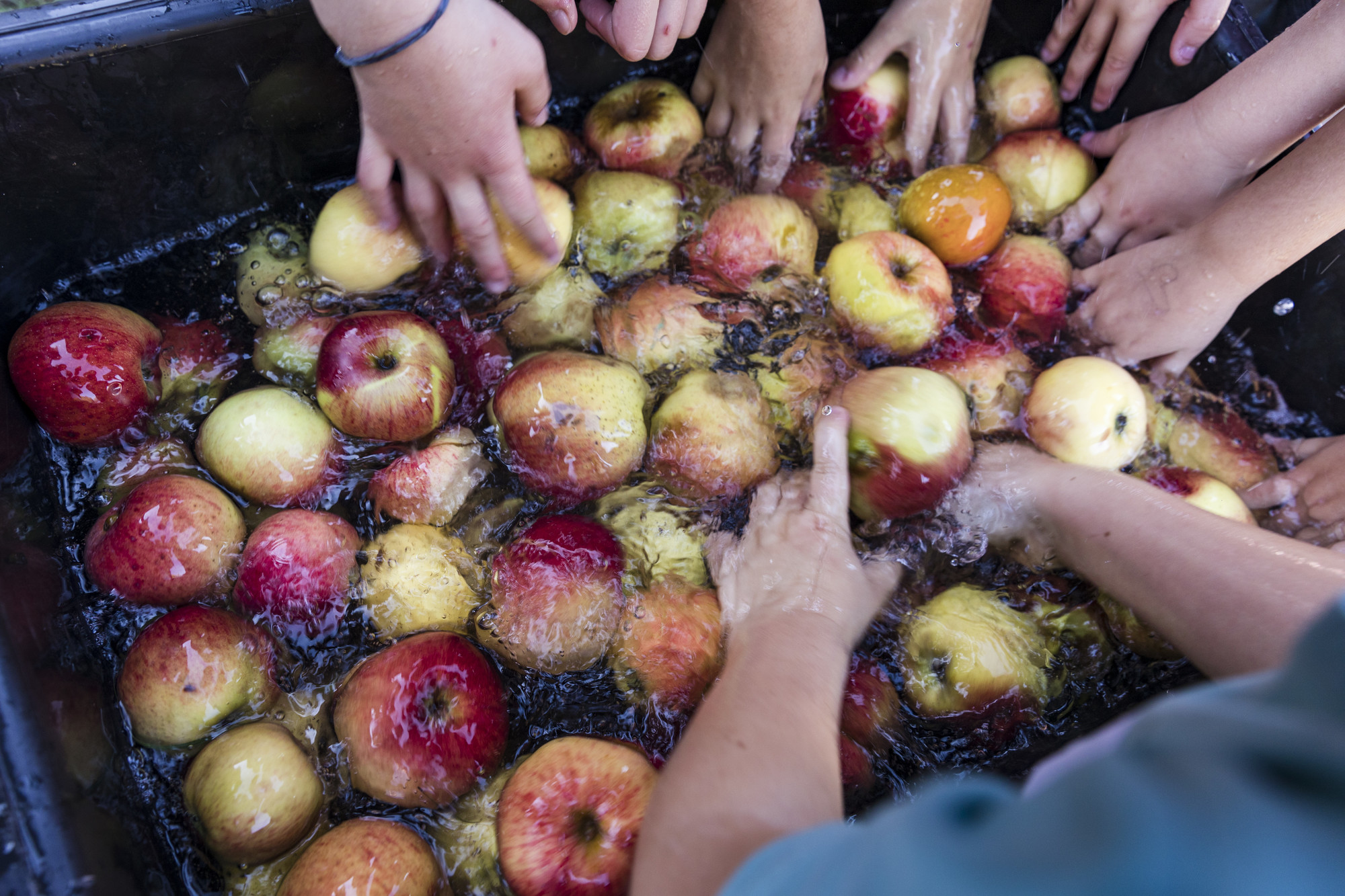
Children's activity: All about apples with all the senses
Naturpark Our / Caroline Martin
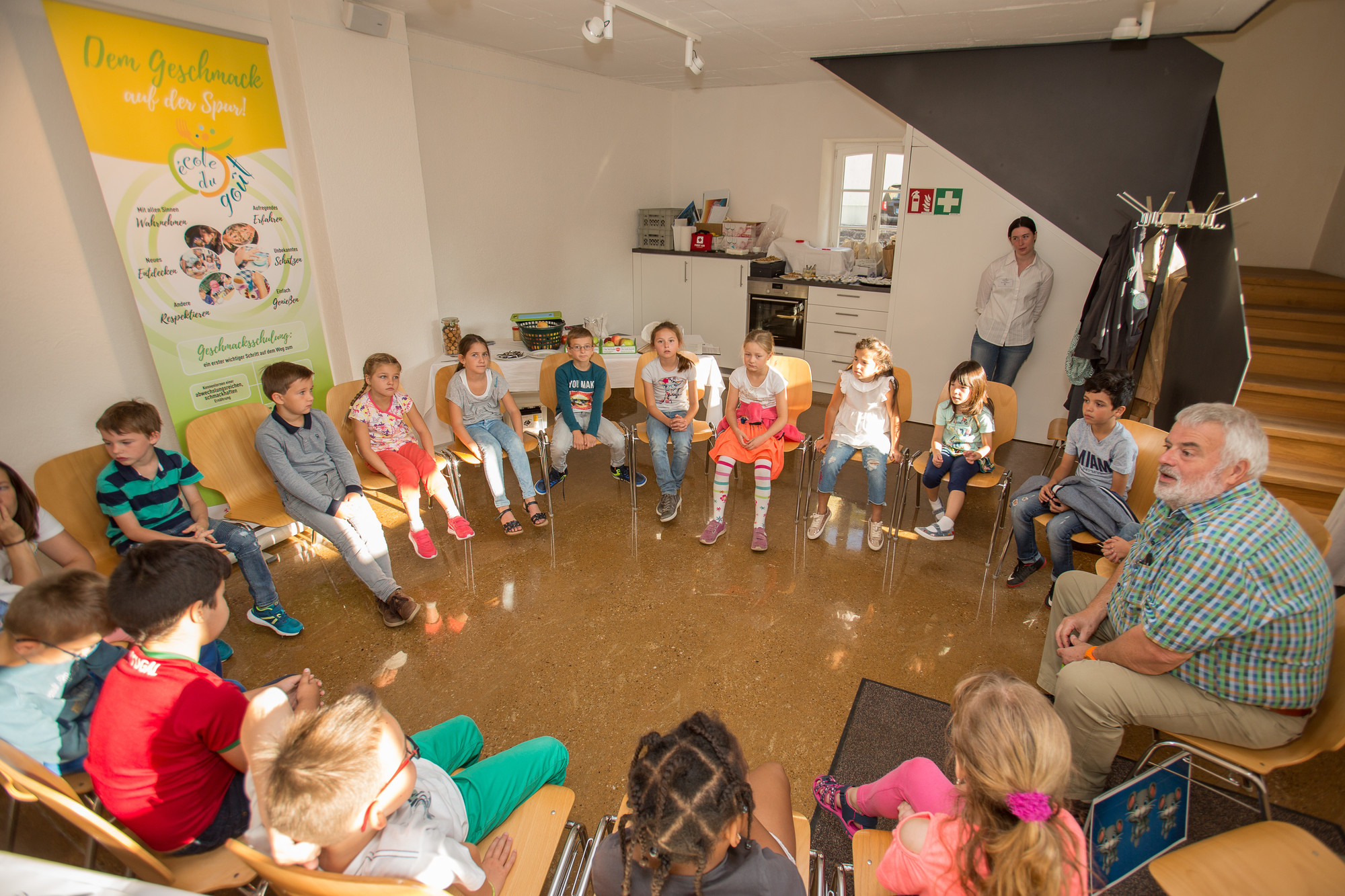
Press conference 2018 / group of children
Naturpark Our / Liz Hacken
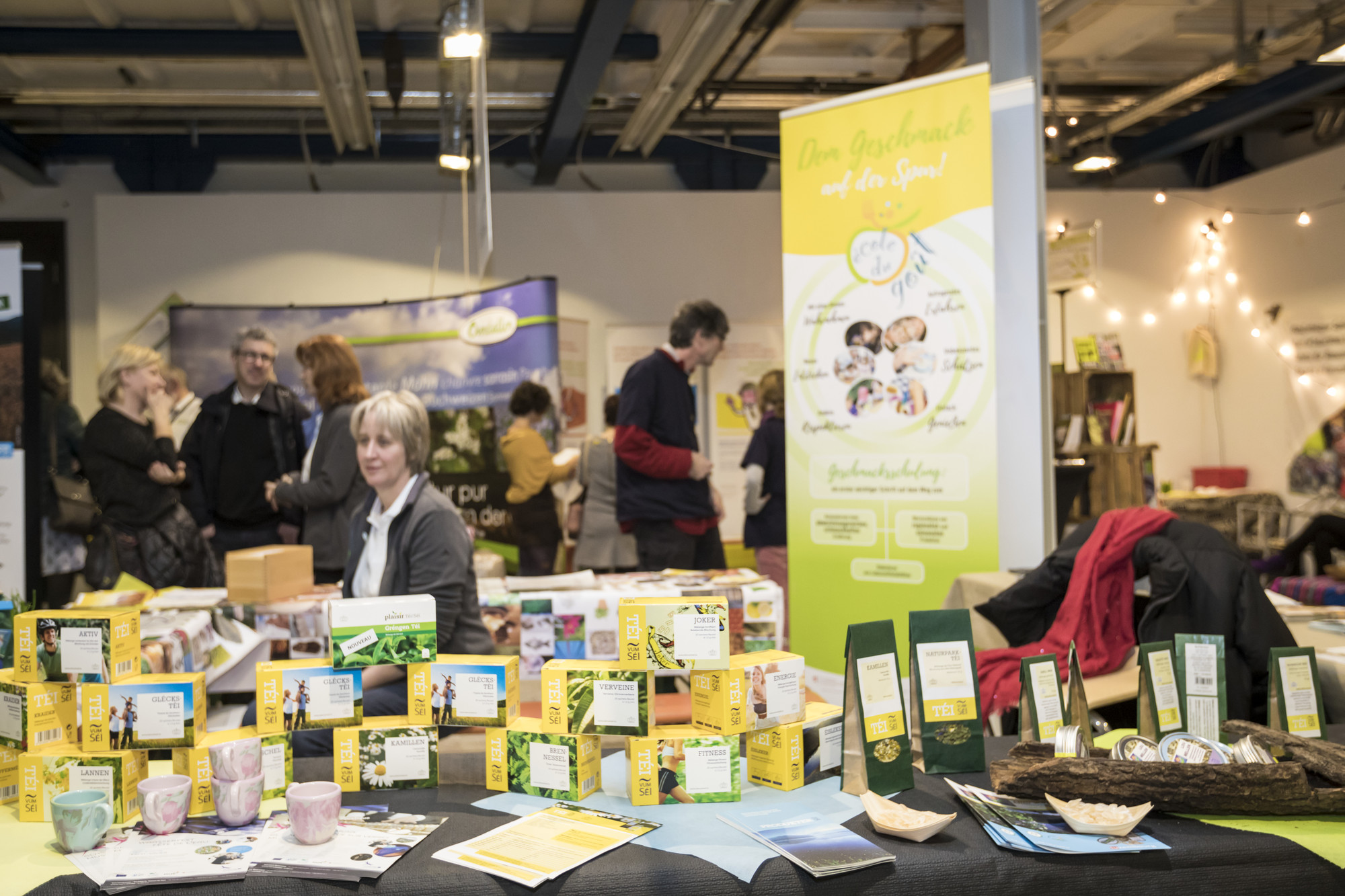
Information point EDG
Naturpark Our / Caroline Martin
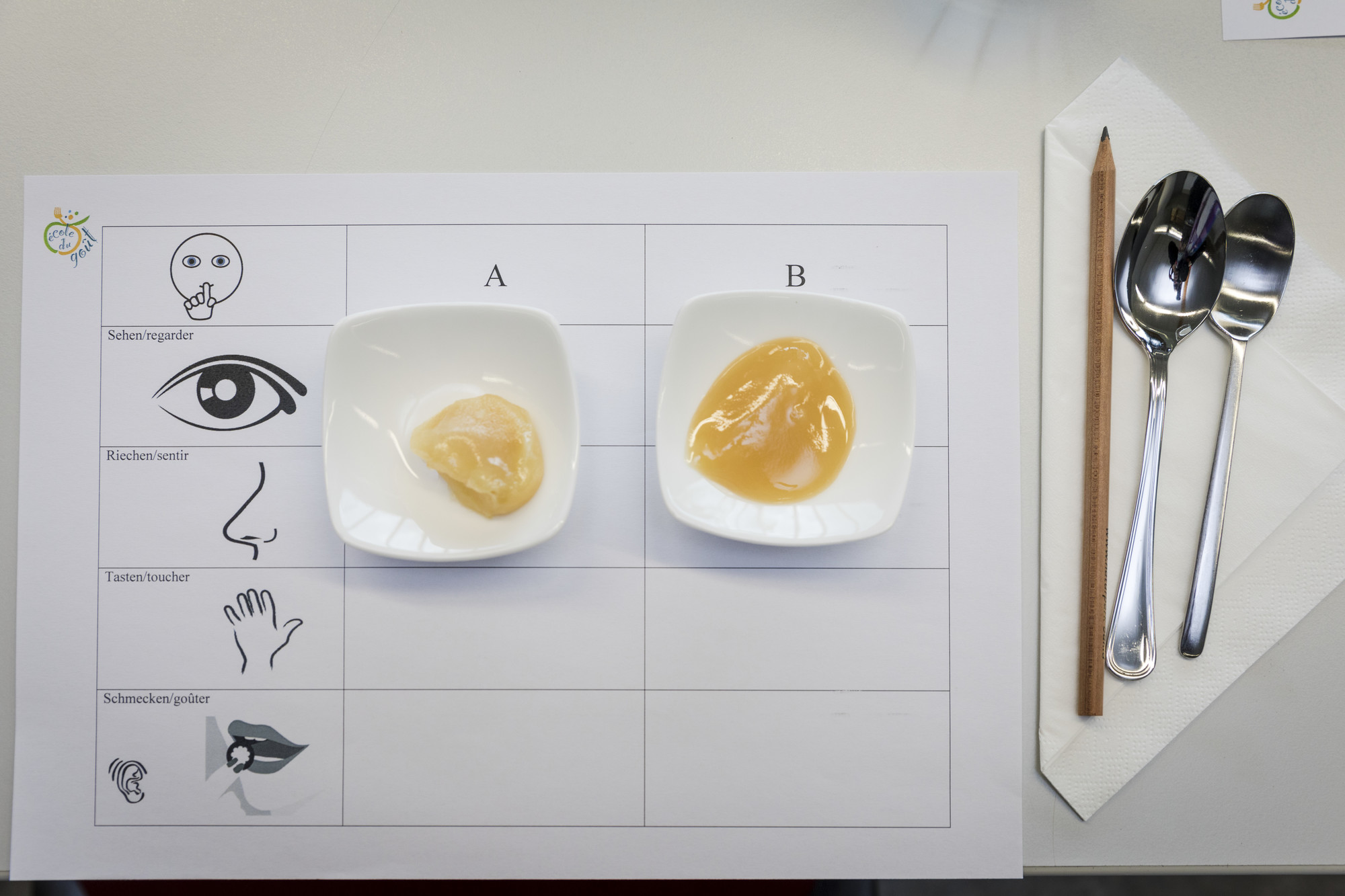
Children's activity: taste experts visiting the beekeeper
Naturpark Our / Caroline Martin
Background of the project
Low appreciation and perception of (regional) foods, resulting in a disconnect from (regional) near-natural foods
A low level of regional food culture in the catering trade
A sustainable/conscious food culture is not sufficiently taught and experienced in schools/day care centres
Lack of networking culture between food-production and food processing players
Domestic food production is not very transparent towards the consumer
An increase in the budget for implementing the project
An increase in the staff
An increase in the project’s visibility
A link to related activities of the 3 Nature Parks
Integration of EDG into supra-regional and national work programmes
Integration of the topic in schools/day care centres/kindergartens
A greater focus on domestic food production and the associated appreciation of the cultivated landscape of the nature parks in the EDG’s activities
Solution and actions taken
Launch of the re-orientation of EDG as from August 2018 with the support of ministries, the 3 nature parks and local actors
The creation of a concept serves as a planning guideline
Increased networking was launched at several levels
In a first phase, the EDG focused on target groups with a strong multiplier effect
Linking sensory and taste training with sustainability topics is the core of EDG’s ongoing programme development
We recruited an agricultural teacher (100%) and a nutrition counsellor (50%) (field of activity: 3 nature parks)
Build-up of a team of freelancers
Completion of a central point of contact (from 2022)
Press conference to announce the new developments
Preparation of an information brochure for parents (to be), interactive learning units for children aged 6-9 years (sensory training), training courses,
multipliers
Project expenditure: € 120,000 (since 2018)
Other institutions or parties involved
Upper Sûre/Mëllerdall Nature Parks: project organizers
Ministry of the Environment: project funder
Ministry of Energy and Spatial Planning: project funder
Nature Park municipalities: project partners
Municipality of Tandel: cooperation, EDG’s central point of contact
“Institut du Goût” Paris: project partner and consulting
SICONA Nature conservation syndicate: cooperation on training courses
National Institute of In-service Training for Teaching Staff: cooperation on training course
Results
Since August 2018:
24 Nature Park municipalities are involved
Embedding EDG in the communication channels of the 3 nature parks
Creating a diverse range of further training courses, workshops, activities for children and adults (+/-250 participants)
Awareness-raising activities for the general public inside and outside the nature parks (+/- 2,500 participants)
6 trained freelance workers
4 active collaborations with national institutions
Challenges
Lack of human resources
A great deal of time is taken up by networking, both internally and externally
Only a few schools booked a series of nested course modules (some adjustments of the course module formats were necessary)
The challenge was to integrate the EDG topics into the schools, with their full curricula
It was difficult to reach the “parents” target group (little time and cooperation)
Lessons learned
Plan to allow the time needed for sufficient networking and conceptual work
Depending on the multi-disciplinarity of the subject, plan for sufficient internal staff or external, advisory support
Allow also (or in particular) for enough time in the planning phase for practical work, as it is crucial for the authenticity of the project
Take into account the needs of the respective target groups during the run-up to programme planning
